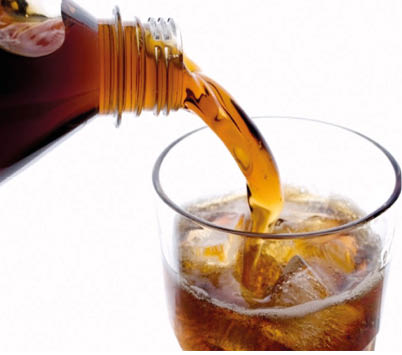Higher intake of free or added sugars present in sugary drinks, sweets and fruit juice is associated with a higher risk of cardiovascular disease, a study has found.
The findings, published in the journal BMC Medicine, strengthen the evidence for the global dietary recommendation to reduce free sugar consumption to below five per cent of total daily energy.
Researchers at the University of Oxford analysed data from 110,497 individuals from the UK Biobank who had completed at least two dietary assessments.
They tracked individuals for approximately 9.4 years, and during this time, total cardiovascular disease — heart disease and stroke combined — heart disease, and stroke occurred in 4,188, 3,138, and 1,124 participants, respectively.
The study found total carbohydrate intake was not associated with cardiovascular disease outcomes.
However, when looking at the types and sources of carbohydrates consumed, the researchers found that higher free sugar intake from foods such as sugary drinks, fruit juice and sweets was associated with increased risk of all cardiovascular disease outcomes, Medical Daily reported .
For each 5 per cent higher total energy from free sugars, the associated risk of total cardiovascular disease was seven per cent higher, according to the researchers.
The team found that the risk of heart disease was six per cent higher, while the risk of stroke was 10 per cent higher Then the authors compared that to the participants’ incidence of cardiovascular disease.
The people found to have the highest risk of heart disease or stroke consumed about 95 grams of free sugar per day, or 18% of their daily energy intake, Watling said.
By comparison, U.S. guidelines suggest that added sugars should make up no more than 10% of one’s daily calories.
“Avoiding sugar-sweetened beverages is probably the single most important thing we can be doing,” said Walter Willett, a professor of epidemiology and nutrition at Harvard University who was not involved in the study..
Consuming five grammes more fibre per day was associated with 4 per cent lower risk of total cardiovascular disease, but this association did not remain significant after accounting for body mass index (BMI).










